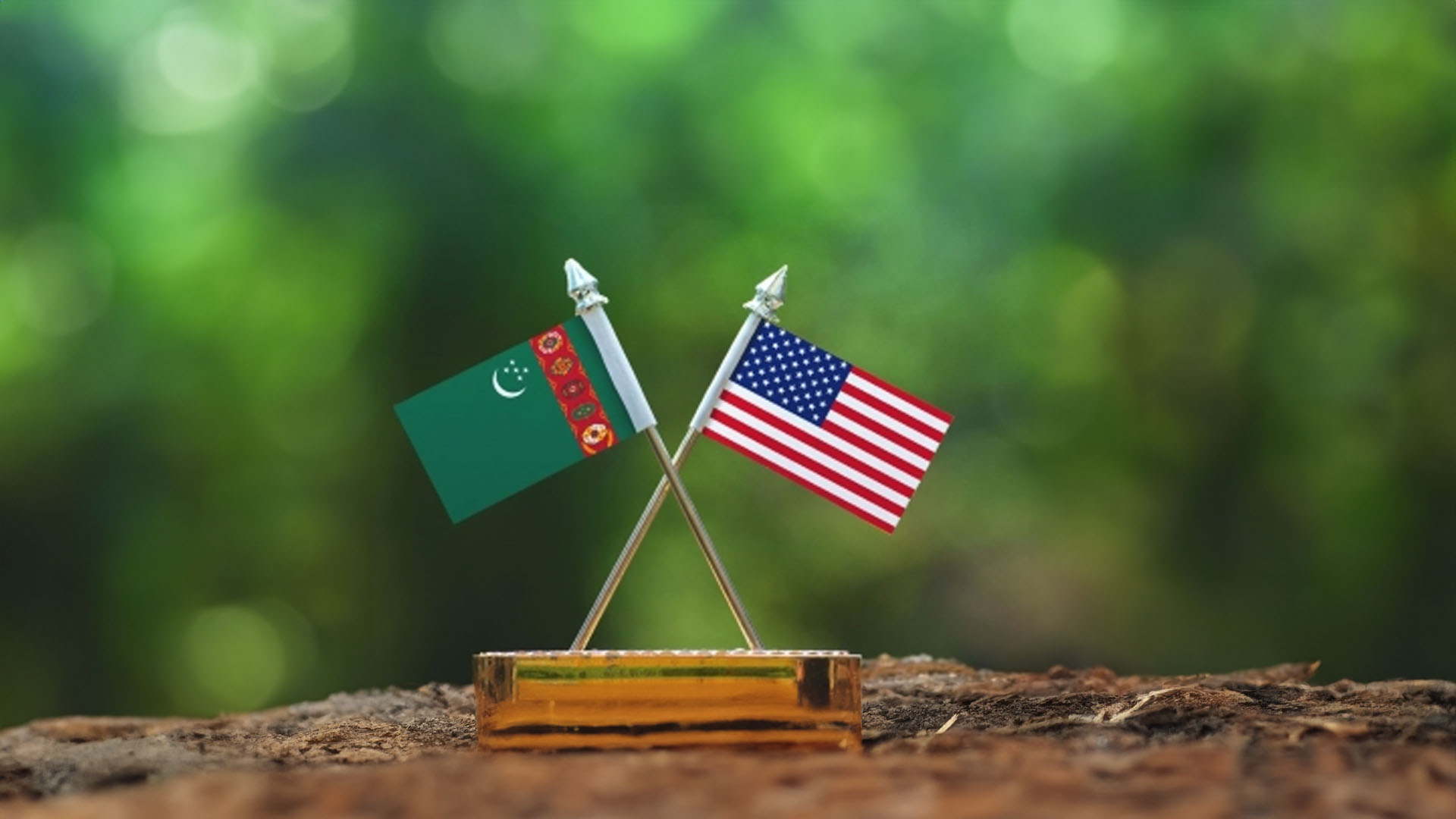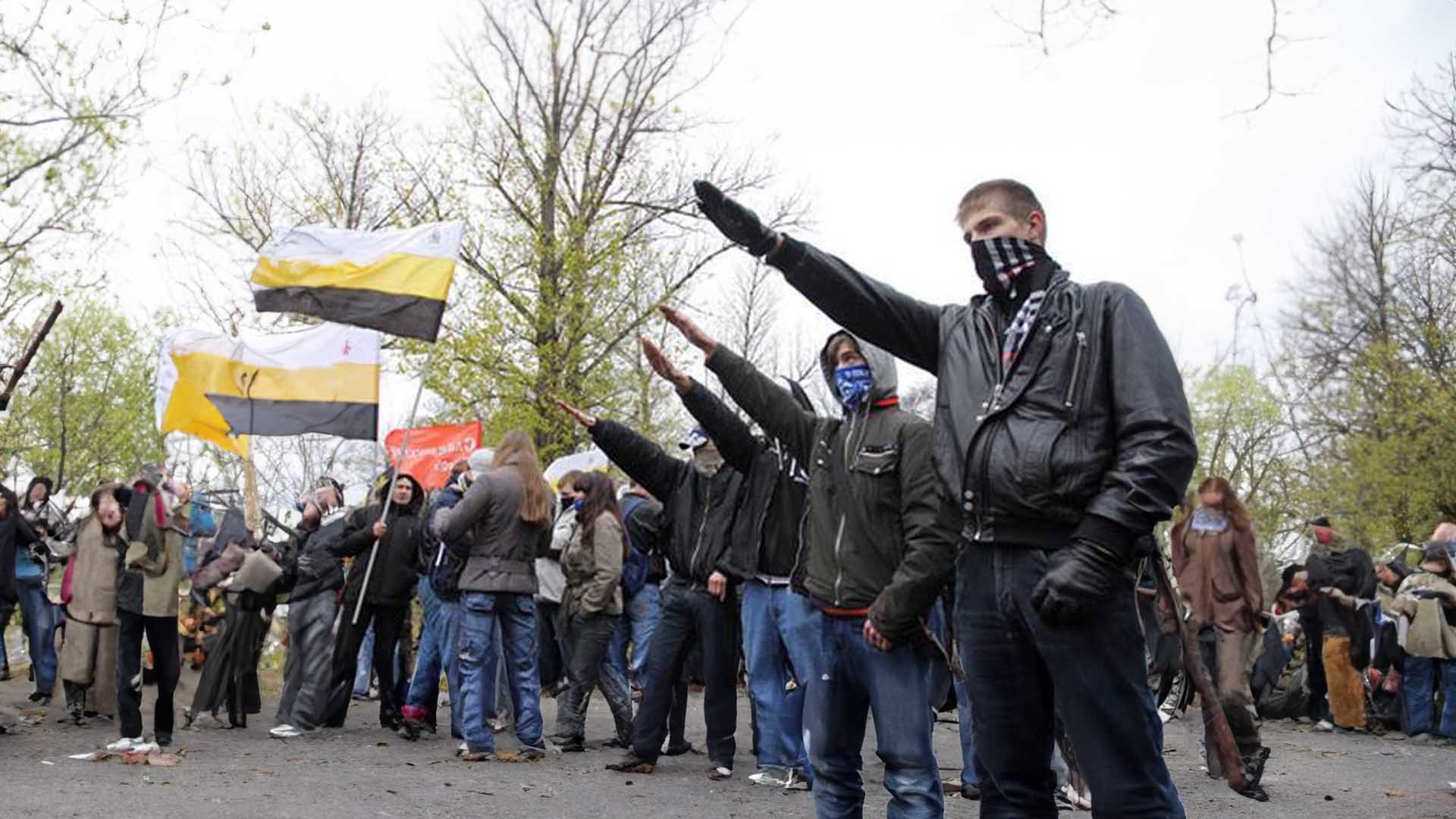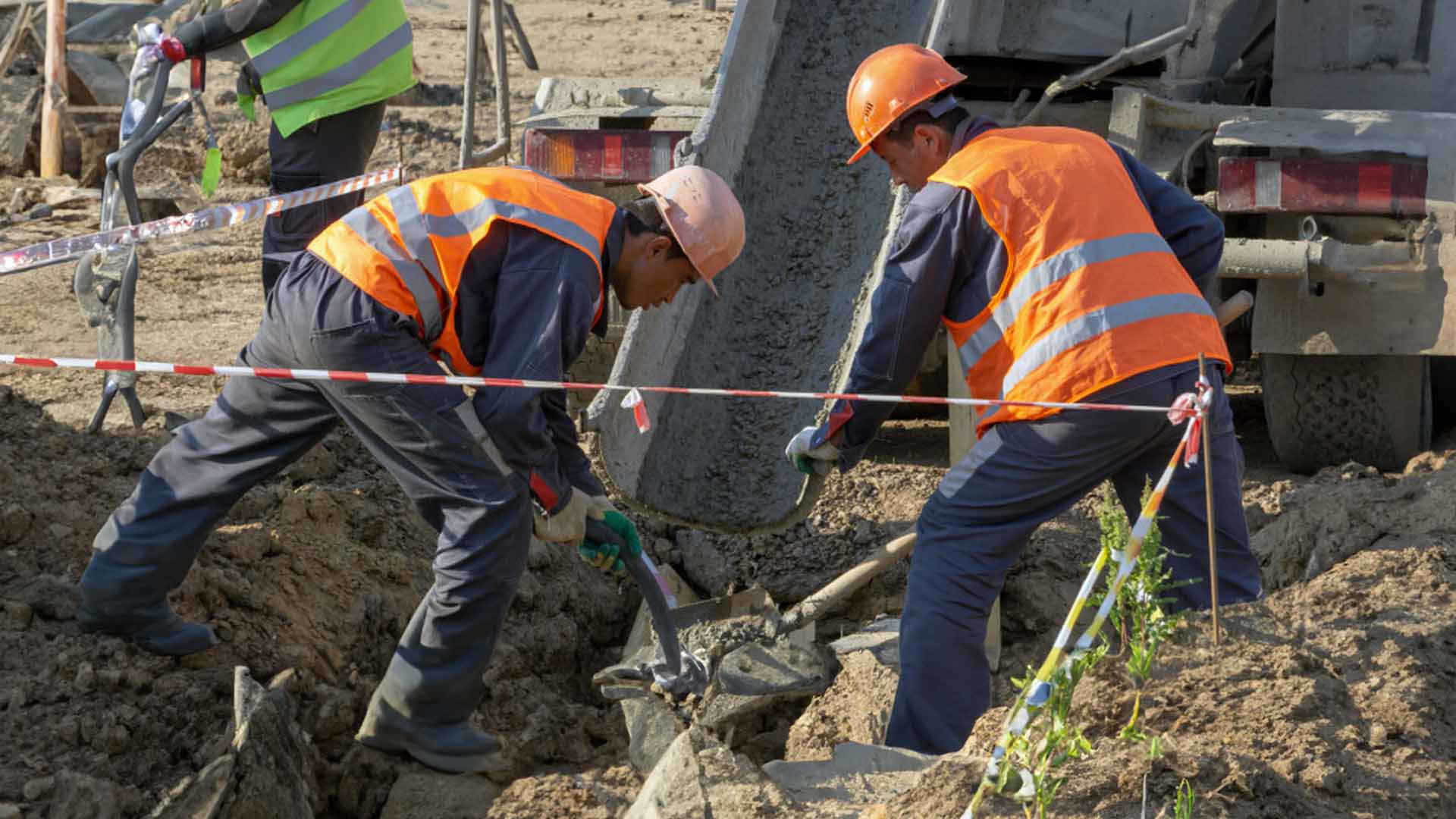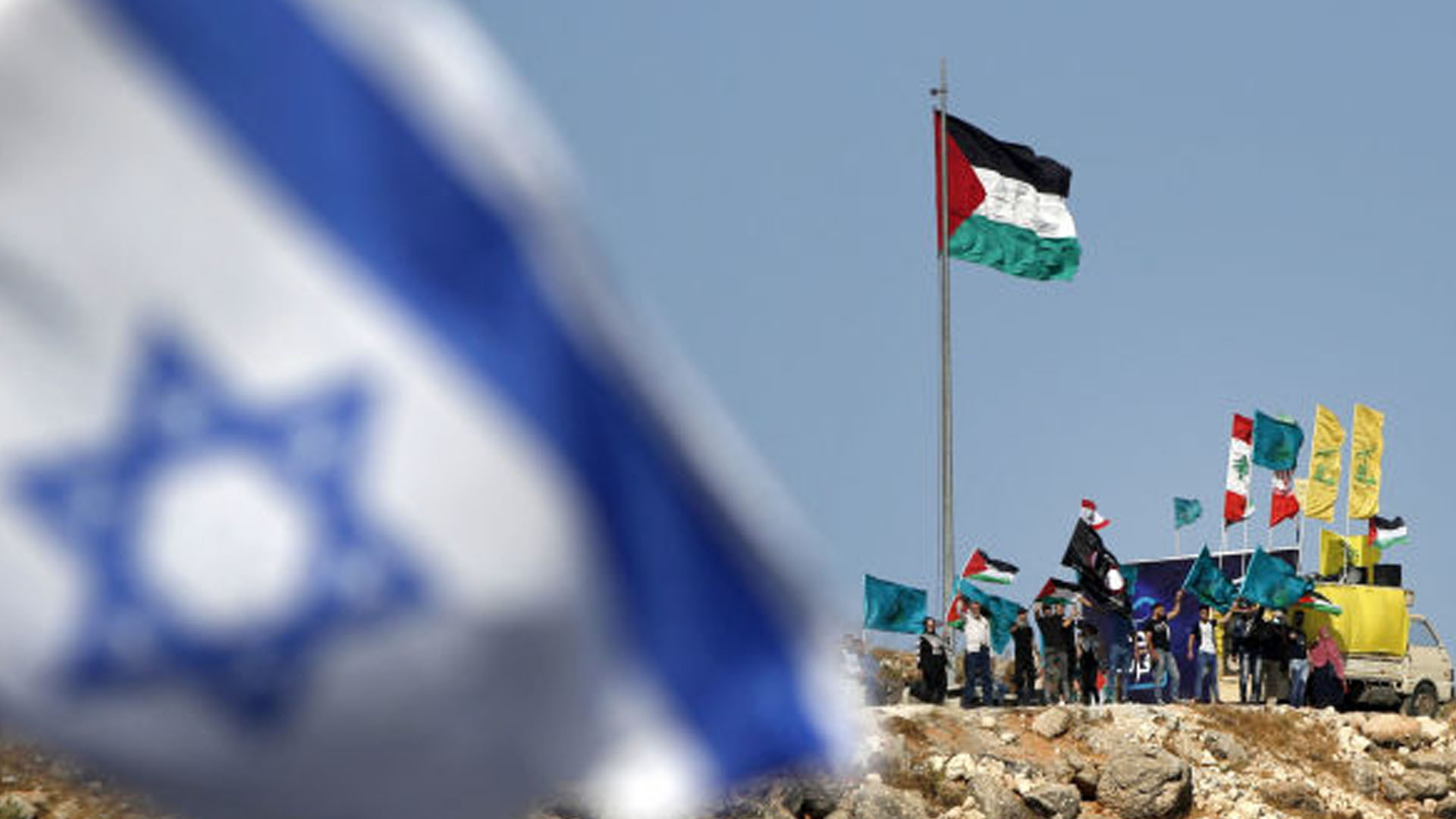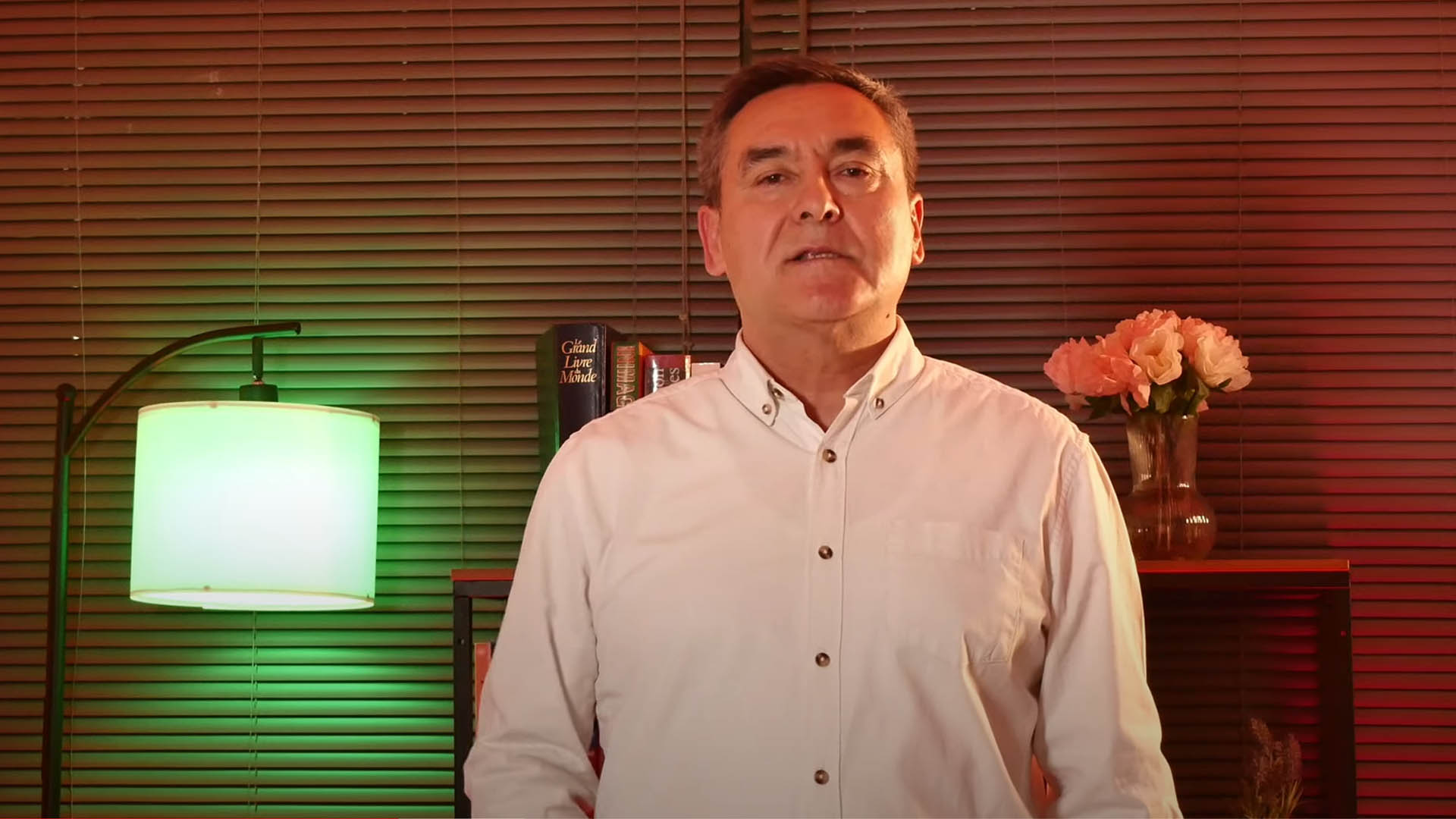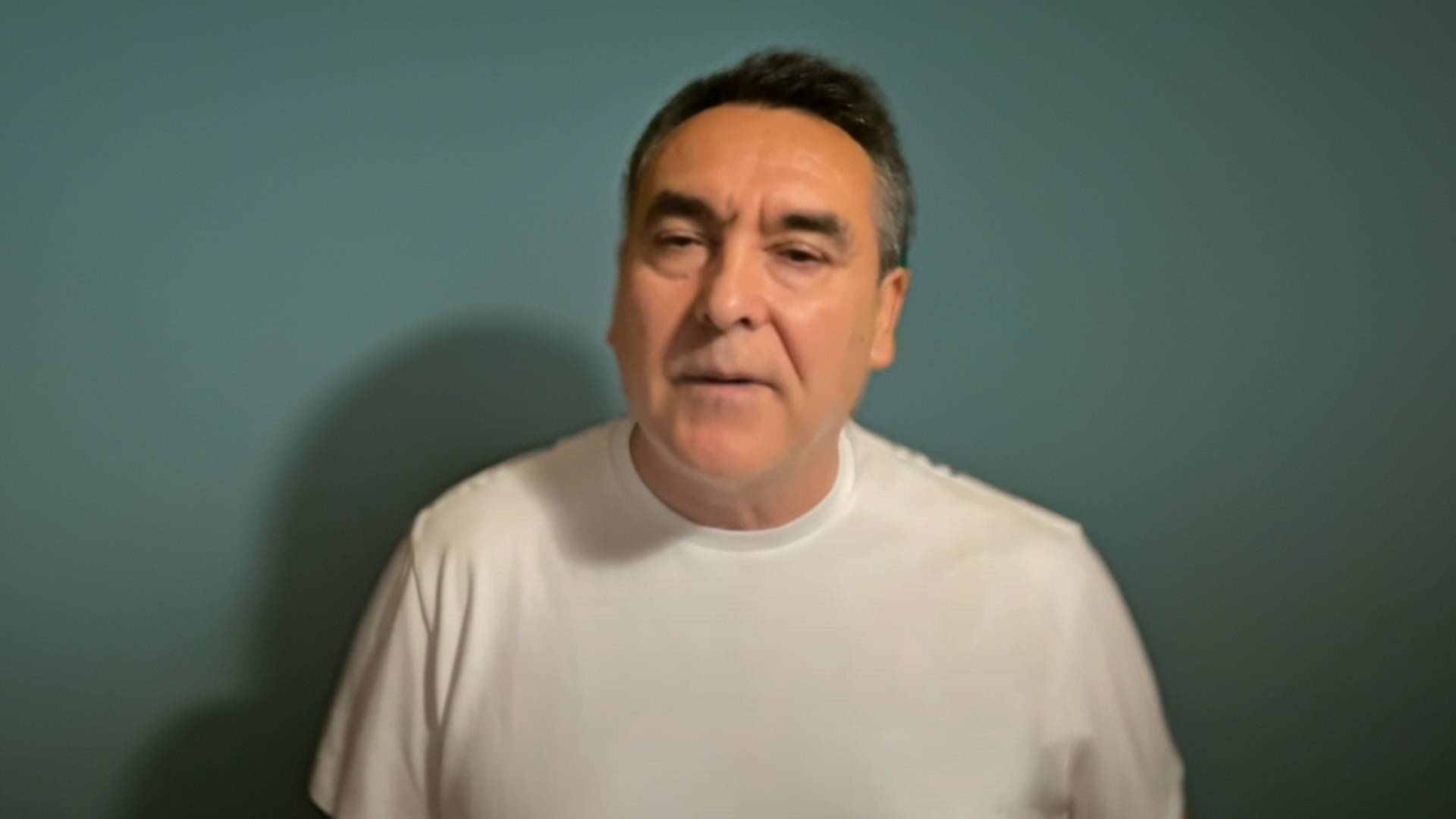After the draconian sentences of Tajik journalists, it is not surprising that the topic of the bloody events and subsequent repressions in the Gorno-Badakhshan Autonomous Region (GBAO) of Tajikistan, local media and ordinary users of social networks try not to comment at all, so as not to end up behind bars.
This region is traditionally turbulent, and relations with Dushanbe have always been strained. Conflicts and protests have happened there more than once. Badakhshans have not allowed the Center to “restore order” for 30 years
https://mediazona.ca/article/2021/12/03/pamir and they stick to their own.
GBAO is home to 3.2% of Tajikistan’s population, while it occupies 45% of the country’s area. However, only 3% of it, mainly mountain river valleys, are suitable for living. Many leave for work because autonomy has the highest unemployment and prices in the country. This is due to the inaccessibility of the region, poor infrastructure, lack of developed industry, investment, and shortage of agricultural land. Most of the indigenous inhabitants are Ismaili Muslims https://fergana.agency/news/126525. They are distinguished from Sunnis from the valley part of Tajikistan by their language, as well as rituals and customs. According to Aziz Niyazi, senior researcher at the Center for the Study of Central Asia at the Institute of Oriental Studies of the Russian Academy of Sciences, the Ismailis of Gorny Badakhshan are “a monolithic community cemented by ethno—religious affiliation” that self-identifies as Pamiris. In addition, after the Civil War of the 90s, informal leaders from former field commanders appeared in Badakhshan.
Recall that the next riots occurred in November 2021 in connection with the murder of Gulbiddin Ziebekov, a 29-year-old athlete, a resident of the Roshtkalinsky district, who was put on the wanted list in the case of an alleged attack on a government representative. According to the official version, Ziebekov “resisted and was eliminated during a special operation of law enforcement agencies.” In response, residents staged a four-day protest outside the regional administration building in Khorog (the administrative center of the autonomy). As a result of the clashes, two more people were killed and 17 were injured.
On May 16, 2022, the situation in Khorog became complicated again after a group of young people held a protest demanding the punishment of those responsible for Ziebekov’s death. People called for the resignations of local officials and the cessation of repression against the Pamir minority. The authorities sent additional punitive forces from the center. But the residents of the village of Rushan did not let them into the city, blocking the road to the military column. After that, the official Dushanbe declared the protests illegal and blamed “criminal groups associated with terrorist organizations” for their organization. The Ministry of Internal Affairs of Tajikistan launched an “anti-terrorist operation” that lasted a month. Two hundred protesters were arrested.
According to official data, 16 people were killed, according to unofficial information, there were about 40 victims, at least 34
https://www.currenttime.tv/a/taikistan-gbao-pogibshie/32089522.html?nocache=1.
However, these figures may also be underestimated. Journalist Anora Sarkorova, documenting the events in GBAO, reported at the time that the special operations in the Rushan district were a mortar attack, followed by a “mass sweep” with kidnappings, disappearances, torture, and summary executions of unarmed people https://t.me/anorasarkorova/35
Among those killed were three influential people in GBAO – Mamadbokir Mamadbokirov (one of those with whom the authorities signed an agreement on non-interference in the affairs of the region in 2018), Zoir Rajabov and Khursand Mazorov, who were declared “leaders of organized criminal groups.” According to the official version, which does not stand up to any criticism, Mamadbokirov was killed on May 22 during “internal showdowns of criminal groups.”
In addition to the former Pamir field commander Mamadbokov, journalist Ulfathonim Mamadshoeva, her ex-husband, general of the border troops of the National Security Committee Kholbash Kholbashev, Border Service officers Yedgor Gulomkhaydarov and Kulmakhmad Pallayev, as well as Alim Sherzamonov, deputy chairman of the National Alliance of Tajikistan banned in the country, were accused of organizing the protests, which the authorities qualified as riots https://vlast.kz/politika/50251-podavlenie-gornogo-badahsana.html. At the same time, the Ministry of Internal Affairs named 46 arrested residents of Rushan who took part in the rallies on May 15-18 as members of “criminal groups” https://rus.ozodi.org/a/31864855.html
Criminal cases were initiated against 109 people. Most of them have already been convicted at the moment. Many — for long periods. At the same time, all court sessions on “political cases” over Pamir activists, as well as over Tajik journalists and bloggers https://rus.azattyq.org/a/32092617.html, passed “behind closed doors”.
At the end of November, the country’s Supreme Court sentenced five people to life imprisonment, including informal leaders of Gorny Badakhshan — Tolib Aembekov, Munavvar Shanbiyev, and Niezsho Gulobov, and activists from Khorog — Nazhmiddin Sherchonov and Imumnazar Shoishirinov.
https://mediazona.ca/news/2022/11/23/gbao
By the same court decision, eight more people were sentenced to long terms from 10 to 30 years. Among them are Tolib Aembekov’s brothers — Hamza Muratov, Okil, and Anoyatsho Aembekov, who received 30 years in prison. And his nephew Mamadamon Aembekov (10 years in prison) https://rus.ozodi.org/a/32145349.html.
The court found them guilty of organizing mass riots, illegal possession of weapons, murder, hooliganism, extremism, and smuggling of precious stones. Earlier, in August, the court of the Gorno-Badakhshan Autonomous Region sentenced Tolib Aembekov’s eldest son Gulomali Abdurakhmonov to life imprisonment, finding him guilty of murdering General Abdullo Nazarov of the State Security Committee of Tajikistan in 2012 https://mediazona.ca/news/2022/08/06/gulomali (then it led to a large-scale military operation in Gorny Badakhshan, during which dozens of people were killed
https://rus.azattyk.org/a/24655422.html).
On December 30- Faromuz Irgashev, a lawyer, a former deputy of the Majlis of People’s Deputies of GBAO, and an unregistered candidate for president of Tajikistan in the 2020 elections, was sentenced to a summer prison term. He, like several other convicts, was a member of the “Commission 44”. The court recently declared it a “criminal community” https://rus.ozodi.org/a/32001378.html. Although it was created in the days of the November 2021 events in Khorog from among the civil society activists of GBAO, who acted as intermediaries between the protesters and local authorities and contributed to the cessation of the protest action.
Another lawyer, Manucher Kholiknazarov, received 15 years. Journalist Ulfathonim Mamadshoeva was sentenced to 21 years in prison. Her brother, civil activist Khursand Mamadshoev, is 18. Blogger and activist Khushruz Dzhumaev — to 8 years in prison.
The authorities are also persecuting activists abroad. At least seven representatives of the Pamir diaspora in Russia were abducted or forcibly returned from the Russian Federation to Tajikistan in June – July without observing procedural norms. They harshly criticized the Rahmon regime and its violent reaction to the protests in Badakhshan in November 2021 and May 2022.
And this practice continue. On November 28, Russia extradited Amid Alifshoev, a 34-year-old native of GBAO, to Tajikistan
https://rus.ozodi.org/a/32152352.html.
And on December 1 — Kurbonjon Ayembekov — another nephew of Tolib Ayembekov sentenced to life imprisonment https://rus.azattyq.org/a/32164426.html. The Kremlin has already handed over more than 20 people to Rahmon in this way.
Rahmon’s goals are clear — to intimidate Pamiris and decapitate potential protests. The authorities arrested, imprisoned, tortured, or killed most of the informal leaders of the local civil society.
International human rights organizations have sharply criticized the Tajik Government for the arrests of civil activists and repressions against the local population, which are accompanied by enforced disappearances and closed courts without lawyers.
Steve Swerdlow, associate professor of Human Rights at the University of Southern California, who has been monitoring the situation in Tajikistan for many years, believes that Rahmon “wants to erase the Pamir identity.” He called the state campaign launched by him against the Pamir people crimes against humanity. At the same time, he expressed concern that it could escalate into a real genocide of an ethnic minority if the situation gets out of control. “What we observed this summer was a frequent campaign of cultural assimilation, suppression of religious beliefs and language,” he said https://t.me/GolosAmeriki/14991
Human Rights Watch (HRW) has appealed to the Government of Tajikistan to stop illegal arrests and unfair trials of GBAO residents. On August 23, the organization issued an appeal in which it called on the authorities to “put an end to this practice and adhere to their international agreements to ensure a fair trial.” https://www.hrw.org/ru/news/2022/08/23/tajikistan-autonomous-region-protesters-denied-fair-trials
MEPs in their July resolution also strongly condemned the repression of the Tajik authorities against protesters, journalists, and activists during the suppression of protests in Khorog and Rushan districts https://rus.ozodi.org/a/31933536.html
UN Committee on Economic, Social and Cultural Rights in mid-November https://rus.ozodi.org/a/32139140.html. He stated that he was seriously concerned about the closed nature of the investigation of criminal cases and asked the Government to ensure transparency of the hearings on the criminal process.
The US State Department has also recently expressed concern about long prison sentences for Tajik journalists, bloggers, and civil society activists who used their right to freedom of opinion. “We demand that the trials take place openly and fairly, the persons detained undeservedly should be released,” the State Department said in a statement posted on Twitter on December 8.
And on December 9, the UN Special Rapporteur on the situation with human rights defenders, Mary Lawlor, visited Dushanbe. She said Tajik officials were running the country in an “increasing atmosphere of fear.” According to her, repression in Tajikistan intensified after the deadly military operation in the autonomous region of Gorny Badakhshan, where ethnic Pamir minorities make up the bulk of the 250,000 population, was followed by sweeps and arrests. The human rights activist quoted local media employees who believe that it is more difficult to be a journalist in Tajikistan now than during the Civil War that raged in the country in the 1990s.
Steve Swerdlow, in an interview with Azattyk, drew attention to an illustrative fact — during the time Lawlor was in the Tajik capital, the authorities issued several sentences at once
https://rus.ozodi.org/a/32170517.html.
In his opinion, this “once again testifies to the almost complete impunity with which the President of Tajikistan now rules.”
https://rus.azattyq.org/a/32175711.html
It’s hard not to agree. Indeed, back on May 20, at the very beginning of the unrest in GBAO, the UN Special Rapporteur on minority issues, Fernand de Warenne, called on Tajikistan to “stop the deadly repression” in the autonomy
https://www.ohchr.org/ru/press-releases/2022/05/tajikistan-un-expert-fears-crackdown-against-pamiri-minority-could-spiral. Rahman’s “answer” was seen by the whole world. If, of course, he wanted to see.
According to Swerdlow, Lawlor’s “fiery press conference” in Dushanbe “contrasted strongly with the increasingly restrained reaction” of Western countries and international organizations to the ongoing “parade of horrors” in Tajikistan.
23.12.2022


